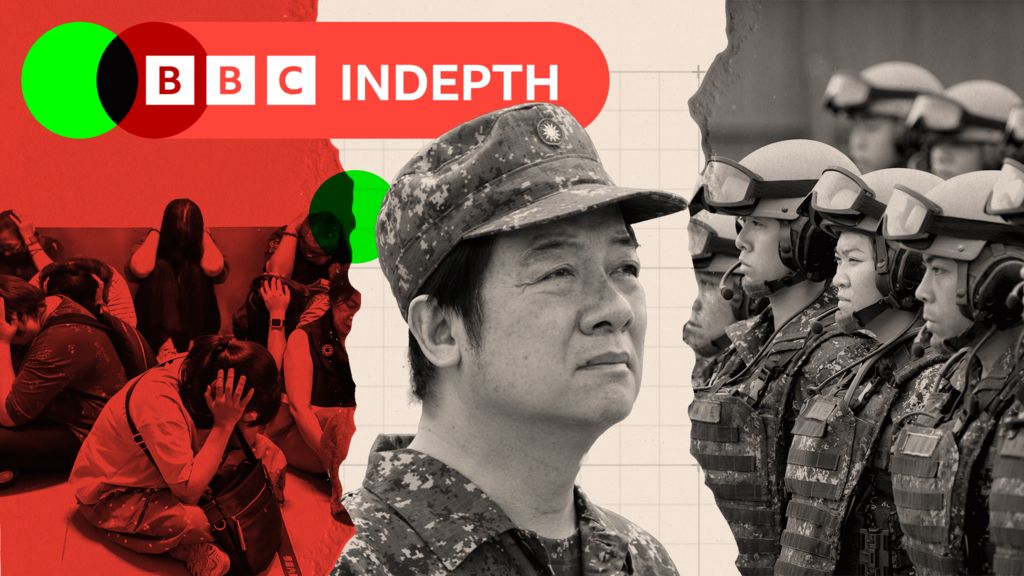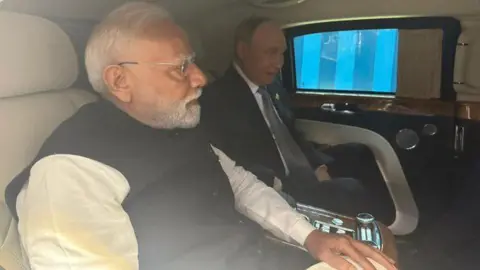How Taiwan is preparing for a China attack with acting, fake blood and mock missile strikes
It was just another Friday morning on the Taiwanese island of Kinmen, a few kilometres from the coast of China, when an air raid siren pierced the calm. At a local government office, people switched off their lights and dove under tables. Others fled to an underground car park. At a nearby hospital, staff rushed to treat people staggering in with bloody injuries.
But the blood was fake, and the casualties were volunteer actors. It was all part of mandatory civil defence and military drills held across Taiwan.
These exercises emphasize the urgency of rehearsing responses to a possible attack by China, a concern that has heightened under the leadership of President William Lai, who advocates strengthening Taiwan's defenses amidst persistent threats from the mainland.

Despite such drills, most people in Taiwan - about 65%, according to a survey - believe that China is unlikely to attack in the near future. This skepticism persists even as U.S. authorities warn of an imminent threat.
As President Lai seeks to bolster military expenditure significantly, his government faces the challenge of convincing its citizens of the urgency while navigating complex sentiment about maintaining peace with China.
The drills, particularly the upcoming Han Kuang exercises, reflect Taiwan's commitment to preparedness amidst evolving geopolitical tensions, and the ongoing narrative among the populace illustrates the balancing act between defense readiness and societal peace.




















